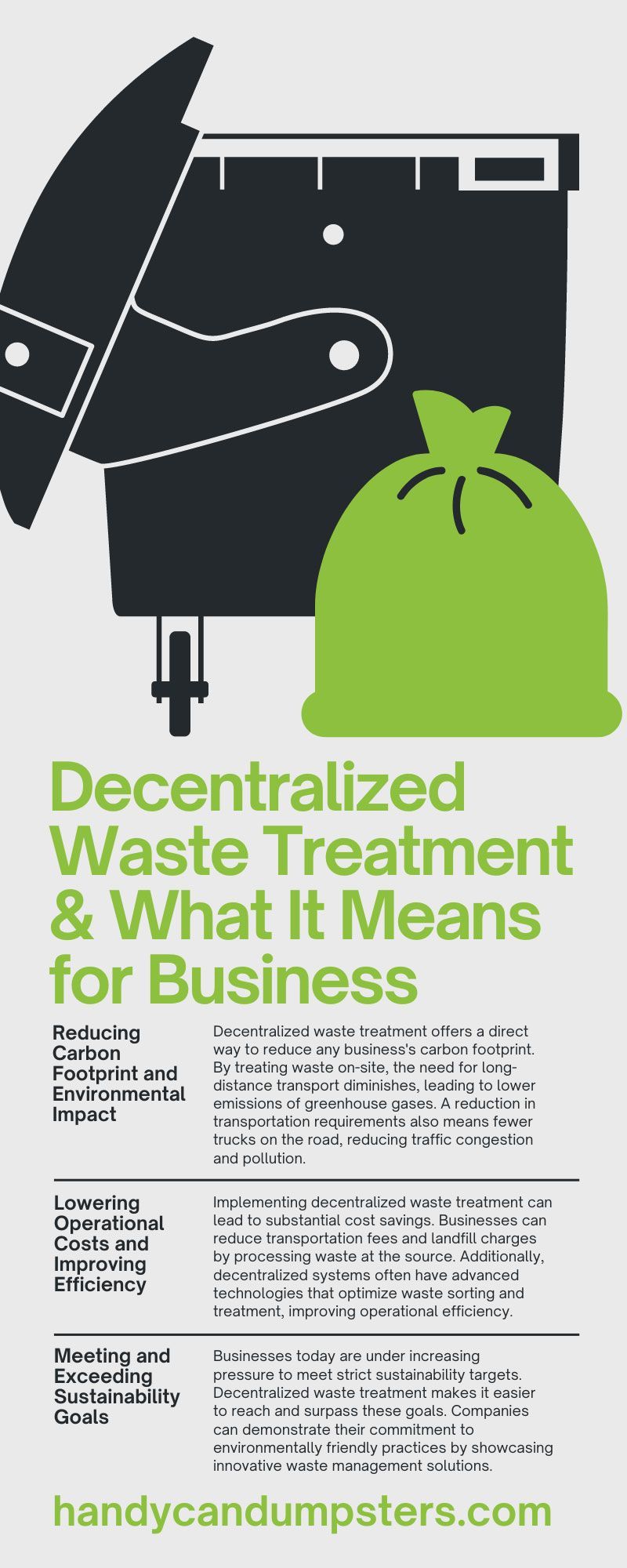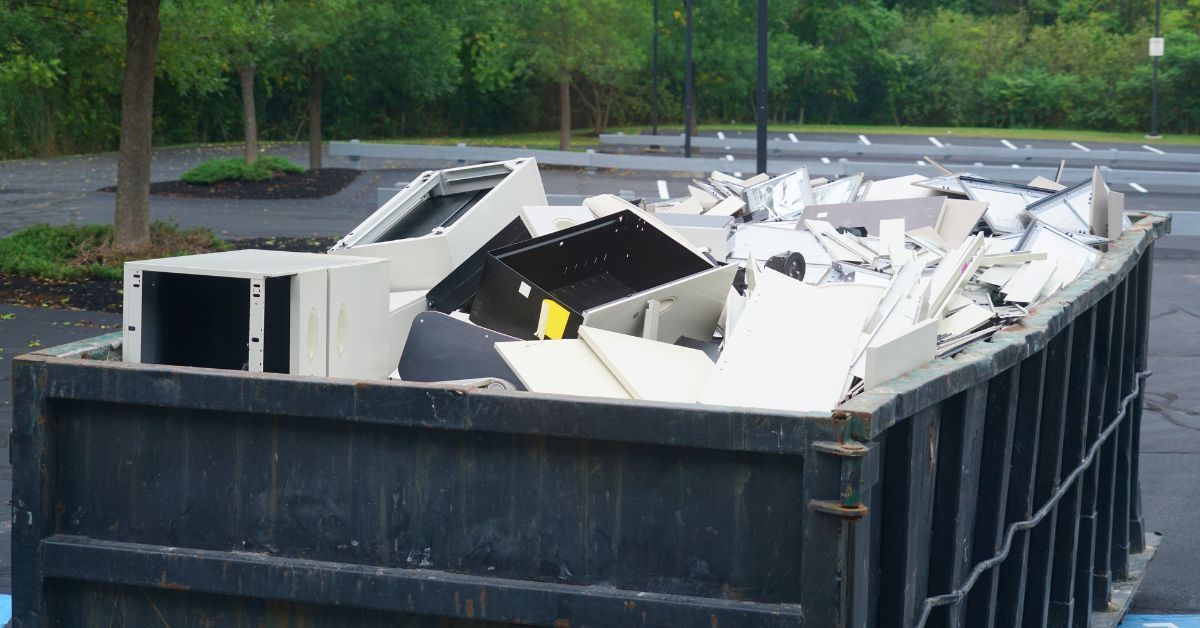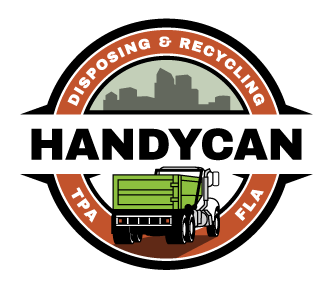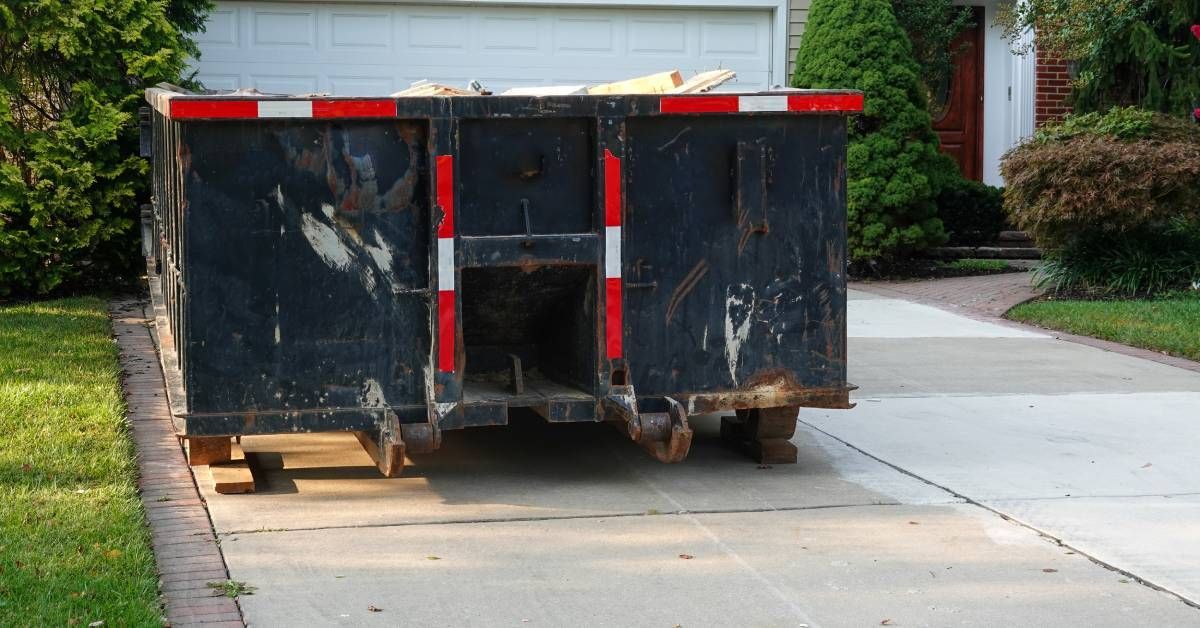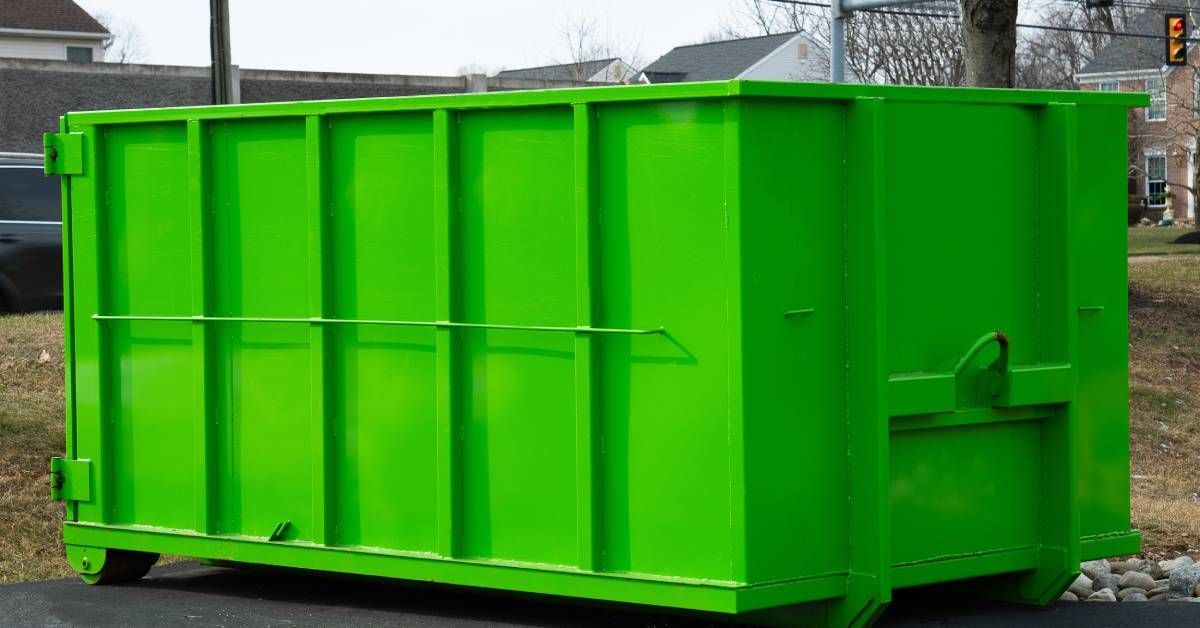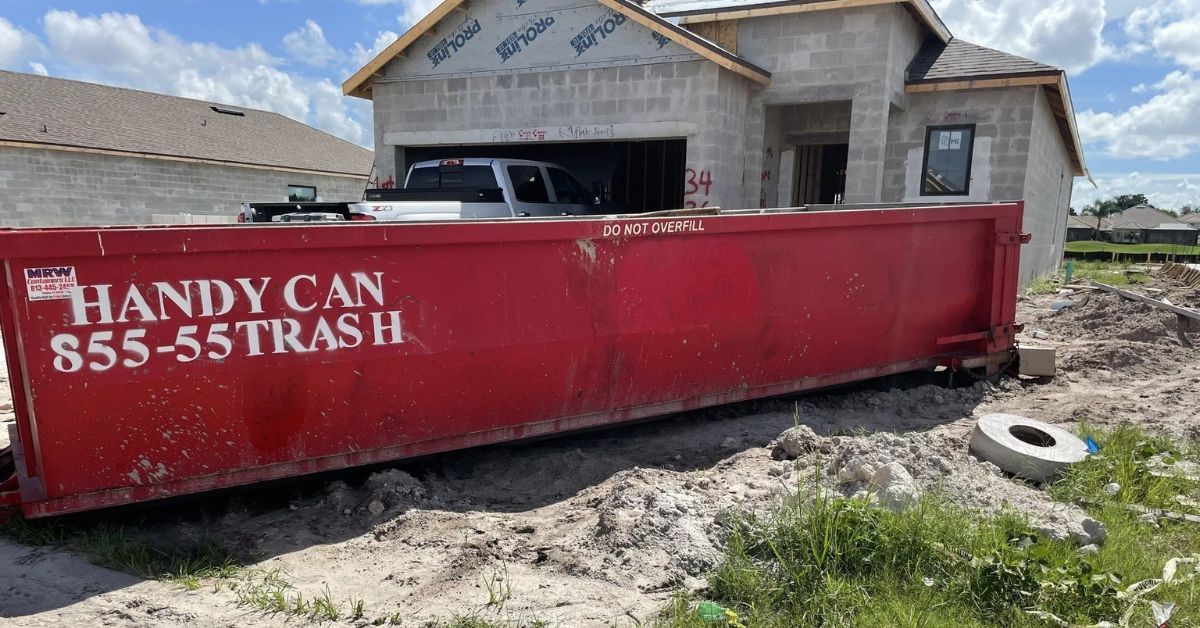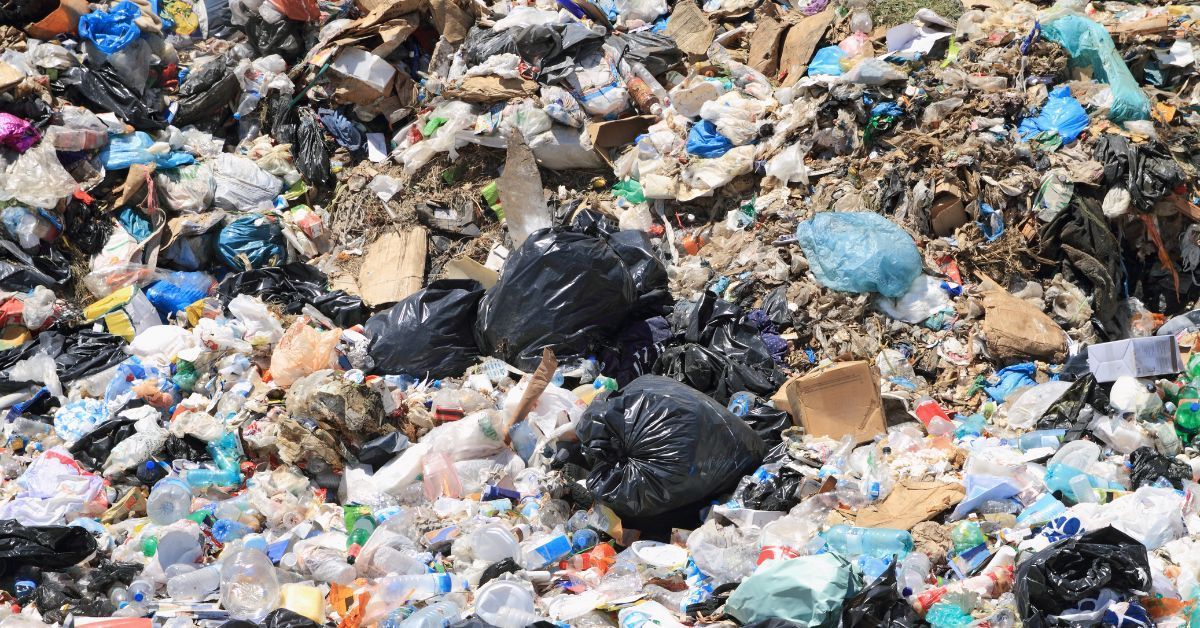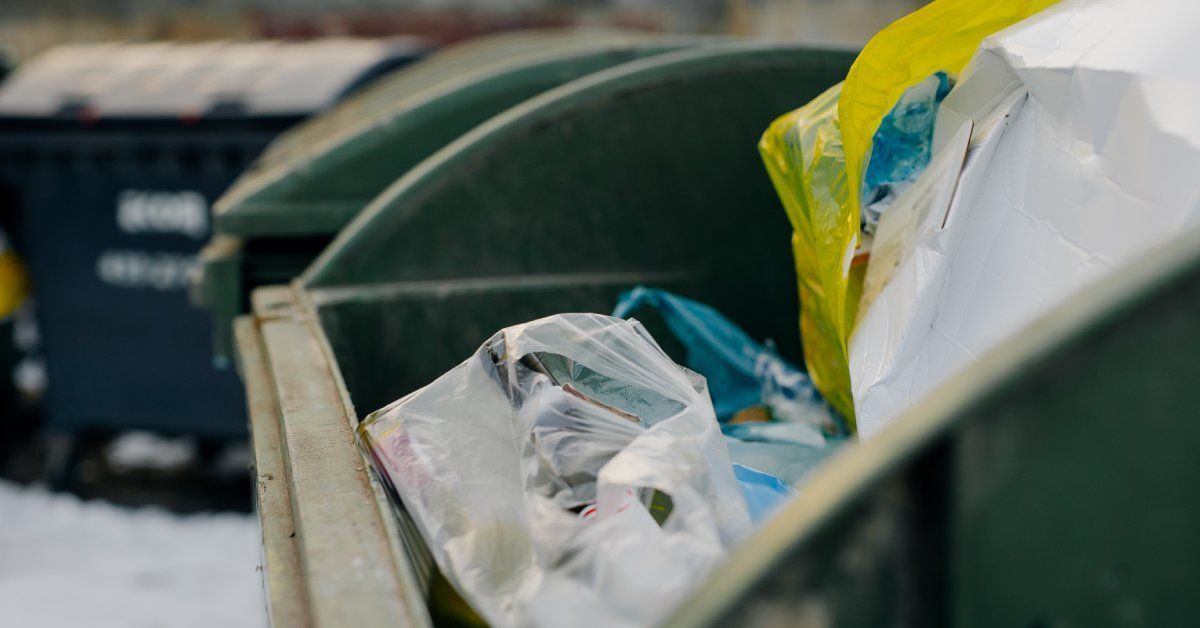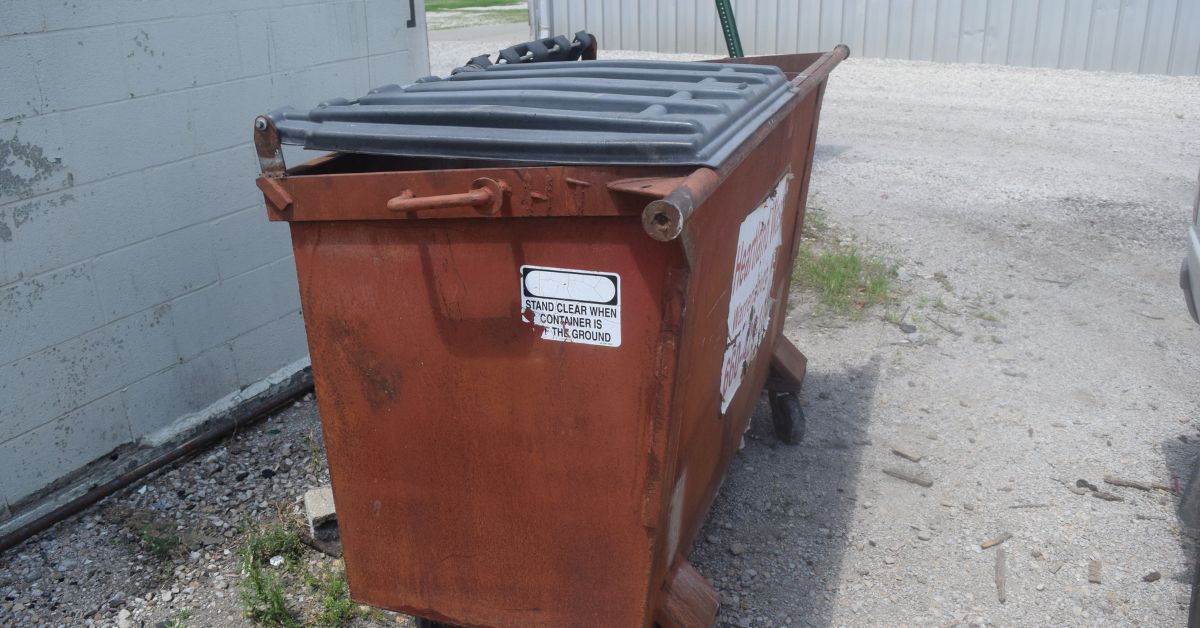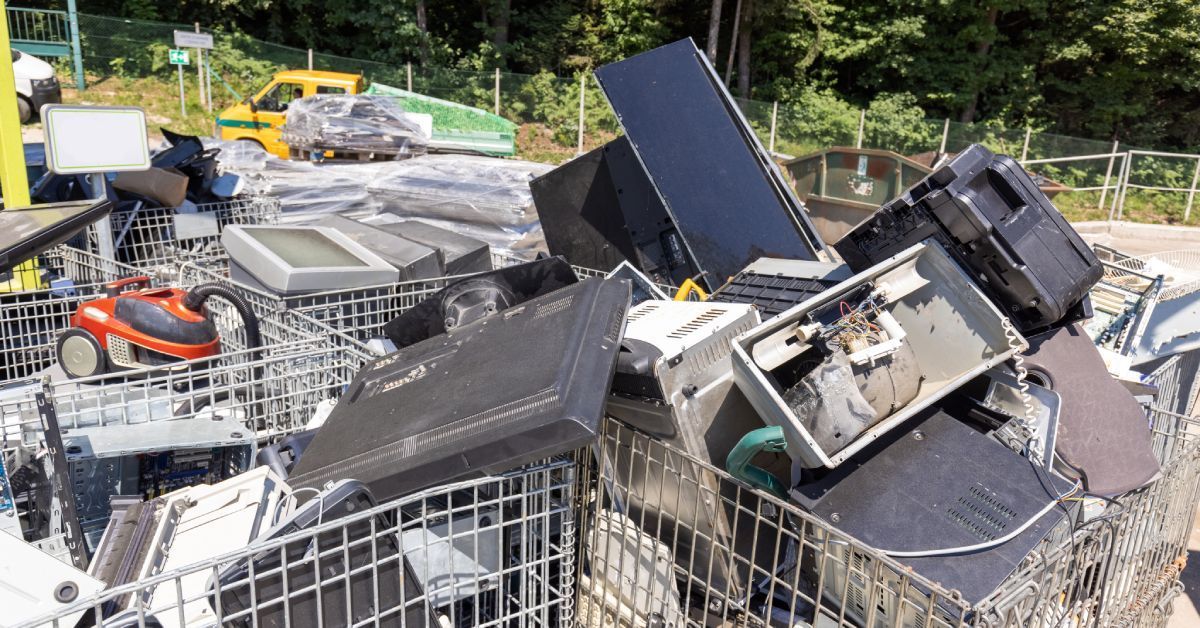Decentralized Waste Treatment & What It Means for Business
Sustainability is a necessity, which makes efficiently tackling waste a vital part of caring for the environment. One innovative solution gaining traction is decentralized waste treatment. This method addresses waste directly at the source and brings several environmental and operational benefits that redefine how businesses handle waste.
Decentralized waste treatment involves processing waste on-site or near its point of generation. This approach starkly contrasts centralized methods that require transporting waste to a distant location. By adopting decentralized waste treatment, businesses can significantly reduce transportation emissions, streamline waste management processes, and contribute positively to sustainability goals. In this blog post, you will learn about the various benefits of decentralized waste treatment, explore the technologies available, understand the challenges, and look into the future of this innovative approach.
The Environmental and Business Benefits
Decentralized waste treatment offers compelling advantages that can positively impact the environment and business operations. By tackling waste directly at its source, companies can reduce their carbon footprint, minimize logistical costs, and improve efficiency.
Reducing Carbon Footprint and Environmental Impact
Decentralized waste treatment offers a direct way to reduce any business's carbon footprint. By treating waste on-site, the need for long-distance transport diminishes, leading to lower emissions of greenhouse gases. A reduction in transportation requirements also means fewer trucks on the road, reducing traffic congestion and pollution. Furthermore, locally treating waste allows businesses to implement more effective recycling and composting programs, thus minimizing landfill use and reducing overall environmental impact.
Lowering Operational Costs and Improving Efficiency
Implementing decentralized waste treatment can lead to substantial cost savings. Businesses can reduce transportation fees and landfill charges by processing waste at the source. Additionally, decentralized systems often have advanced technologies that optimize waste sorting and treatment, improving operational efficiency.
Businesses using roll-off dumpster services can find it more cost-effective to manage their waste on-site, reducing the frequency and volume of waste needing external disposal. This localized approach saves money and enhances the overall efficiency of waste management operations.
Meeting and Exceeding Sustainability Goals
Businesses today are under increasing pressure to meet strict sustainability targets. Decentralized waste treatment makes it easier to reach and surpass these goals. Companies can demonstrate their commitment to environmentally friendly practices by showcasing innovative waste management solutions.
This approach not only helps in achieving regulatory compliance but also improves the company's public image. Dedication to sustainability can attract eco-conscious customers and partners, thus enhancing business reputation and market standing.
Decentralized Waste Treatment Technologies
The advent of cutting-edge technologies has significantly bolstered the effectiveness of decentralized waste treatment systems. These innovations will handle a variety of waste streams efficiently and sustainably.
Overview of Various Technologies Available
Several cutting-edge technologies facilitate decentralized waste treatment. One prominent example is aerobic digestion, which converts organic waste into compost and biogas through microbial processes.
Another effective technology is plasma gasification, where waste materials turn into syngas using high temperatures. Pyrolysis is also gaining popularity; this process thermally decomposes waste without oxygen, producing biochar and synthetic fuels. These compact and efficient technologies make them suitable for on-site installation in various business environments.
Challenges and How to Overcome Them
While decentralized waste treatment presents numerous benefits, it isn’t without challenges. Businesses may face various obstacles in implementing these systems, from high initial costs to technical complexities. Nonetheless, these challenges are surmountable with the right strategies and resources.
Regulatory and Financial Hurdles
While decentralized waste treatment offers numerous benefits, businesses may face regulatory and financial challenges during implementation. Regulatory hurdles can include stringent waste management laws and obtaining necessary permits. Financially, the initial investment in decentralized technologies can be significant.
Businesses can overcome these challenges by thoroughly researching local regulations and seeking expert advice on compliance. Financially, exploring available grants, subsidies, and tax incentives can help offset initial costs. Additionally, highlighting the long-term cost savings and operational efficiencies can make a compelling case for the investment.
Strategies for Integration and Overcoming Resistance
Integrating decentralized waste treatment into existing operations requires careful planning and management. Resistance to change can be a significant barrier, especially if employees are accustomed to traditional waste management practices.
Businesses should invest in comprehensive training programs that educate staff on the benefits and operational aspects of new waste management technology. Engaging employees through workshops and feedback sessions can also foster a sense of ownership and acceptance. Clear communication from leadership about the environmental and economic advantages of decentralized waste treatment can further mitigate resistance and encourage a smooth transition.
The Future of Decentralized Waste Treatment
Advancements in technology, coupled with increasing environmental awareness and regulatory pressures, are driving innovation in the decentralized waste treatment field.
Growth Projections and Market Trends
The future of decentralized waste treatment looks promising, with growth projections indicating increased adoption across various industries. Market trends suggest a shift towards more sustainable business practices driven by consumer demand and regulatory pressures. As technology advances, decentralized waste treatment systems will become more affordable and efficient.
This evolution will enable more businesses to adopt these solutions, further driving market growth. Analysts predict the decentralized waste treatment technologies market will expand significantly in the coming years. This expansion will offer new opportunities for innovation and investment.
The Role of Innovation and Technology Advancements
Innovation plays a crucial role in the advancement of decentralized waste treatment. Emerging technologies such as artificial intelligence (AI) and the Internet of Things (IoT) are already significantly impacting the world. AI can enhance the efficiency of waste sorting and treatment processes, while IoT devices can monitor and optimize system performance in real time.
Additionally, advancements in material science are leading to the development of more durable and efficient waste treatment equipment. As these innovations continue to evolve, the capabilities and effectiveness of decentralized waste treatment systems will only improve, making them an integral part of sustainable business operations.
Decentralized waste treatment offers a revolutionary approach to managing business waste, providing significant environmental and operational benefits. This innovative method transforms waste management by reducing carbon footprints, lowering operational costs, and helping businesses meet sustainability goals. The various technologies available illustrate the feasibility and advantages of decentralized solutions. While challenges exist, companies can overcome them with strategic planning, financial incentives, and employee engagement.
The future of decentralized waste treatment is bright, with growth projections and technological advancements paving the way for widespread adoption. Businesses that embrace this approach stand to gain not only in terms of efficiency and cost savings but also in their commitment to sustainability.
